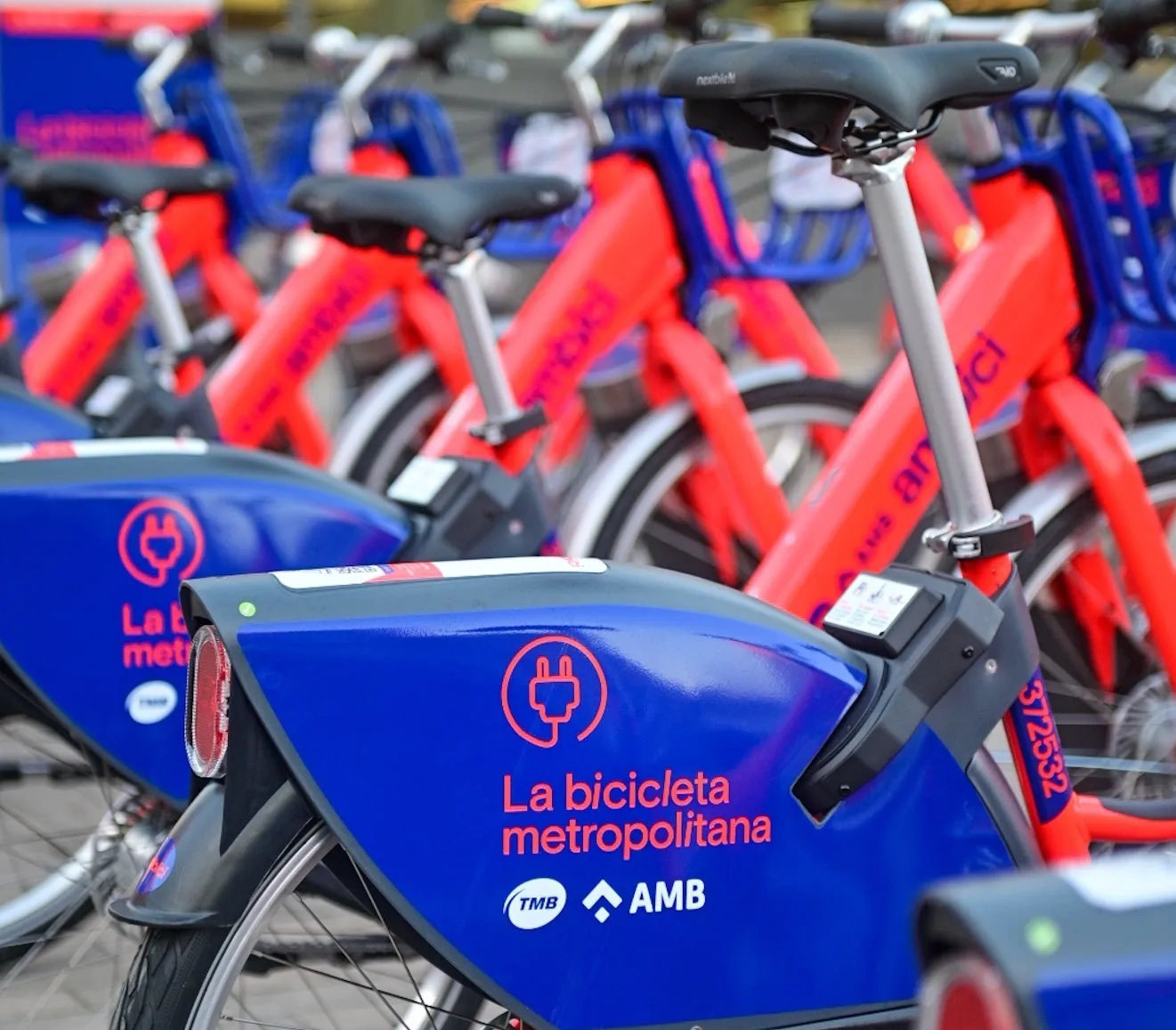A Chinese electric vehicle consortium led by the Beijing Institute of Technology (BIT) has signed agreements to help develop an electric bus network in Poland. Other members of the consortium are BIT subsidiary BIT Huachuang Electric Vehicle Technology, CITIC Guoan Mengguli Power Science and Technology and Shanghai Dianba New Energy Technology. According to the agreements signed with Warsaw University of Technology and Polish power company Tauron Polska Energia, the Chinese group and Tauron will establish
February 7, 2013
Read time: 2 mins
A Chinese electric vehicle consortium led by the Beijing Institute of Technology (BIT) has signed agreements to help develop an electric bus network in Poland. Other members of the consortium are BIT subsidiary BIT Huachuang Electric Vehicle Technology, CITIC Guoan Mengguli Power Science and Technology and Shanghai Dianba New Energy Technology.
According to the agreements signed with Warsaw University of Technology and Polish power company Tauron Polska Energia, the Chinese group and Tauron will establish an electric vehicle public transportation system in Poland in the first phase.
Six electric buses with a platform developed by Beijing Institute of Technology, including a power battery swapping system, a battery charging and discharging station, and an emergency service system, will be made for the two-year trial project in Poland.
Six charging and swapping stations will later be set up in five Polish cities, with 780 purely electric buses in operation.
BIT Huachuang and Tauron will also seek to promote their jointly developed technology in other European countries.
As one of the earliest research units to develop a commercial purely electric vehicle power system platform, BIT has cooperated with more than ten Chinese automobile companies, including Foton,4322 Yutong, Zhongtong Bus and GAC Group, to produce more than 2,000 purely electric commercial vehicles.
It has also cooperated with Beijing Public Transport Holdings, CITIC Guoan Mengguli and Beijing Dianba on the operation of electric buses at the 2008 Beijing Olympics, Shanghai Expo, Guangzhou Asian Games, and the Chinese government's 10-city 1,000-electric vehicle program.
According to a recent report from US-based market research and consulting firm5644 Pike Research, the global market for electric buses is expected to grow steadily over the next six years, with a compound annual growth rate of 26 percent from 2012 to 2018.
According to the agreements signed with Warsaw University of Technology and Polish power company Tauron Polska Energia, the Chinese group and Tauron will establish an electric vehicle public transportation system in Poland in the first phase.
Six electric buses with a platform developed by Beijing Institute of Technology, including a power battery swapping system, a battery charging and discharging station, and an emergency service system, will be made for the two-year trial project in Poland.
Six charging and swapping stations will later be set up in five Polish cities, with 780 purely electric buses in operation.
BIT Huachuang and Tauron will also seek to promote their jointly developed technology in other European countries.
As one of the earliest research units to develop a commercial purely electric vehicle power system platform, BIT has cooperated with more than ten Chinese automobile companies, including Foton,
It has also cooperated with Beijing Public Transport Holdings, CITIC Guoan Mengguli and Beijing Dianba on the operation of electric buses at the 2008 Beijing Olympics, Shanghai Expo, Guangzhou Asian Games, and the Chinese government's 10-city 1,000-electric vehicle program.
According to a recent report from US-based market research and consulting firm







